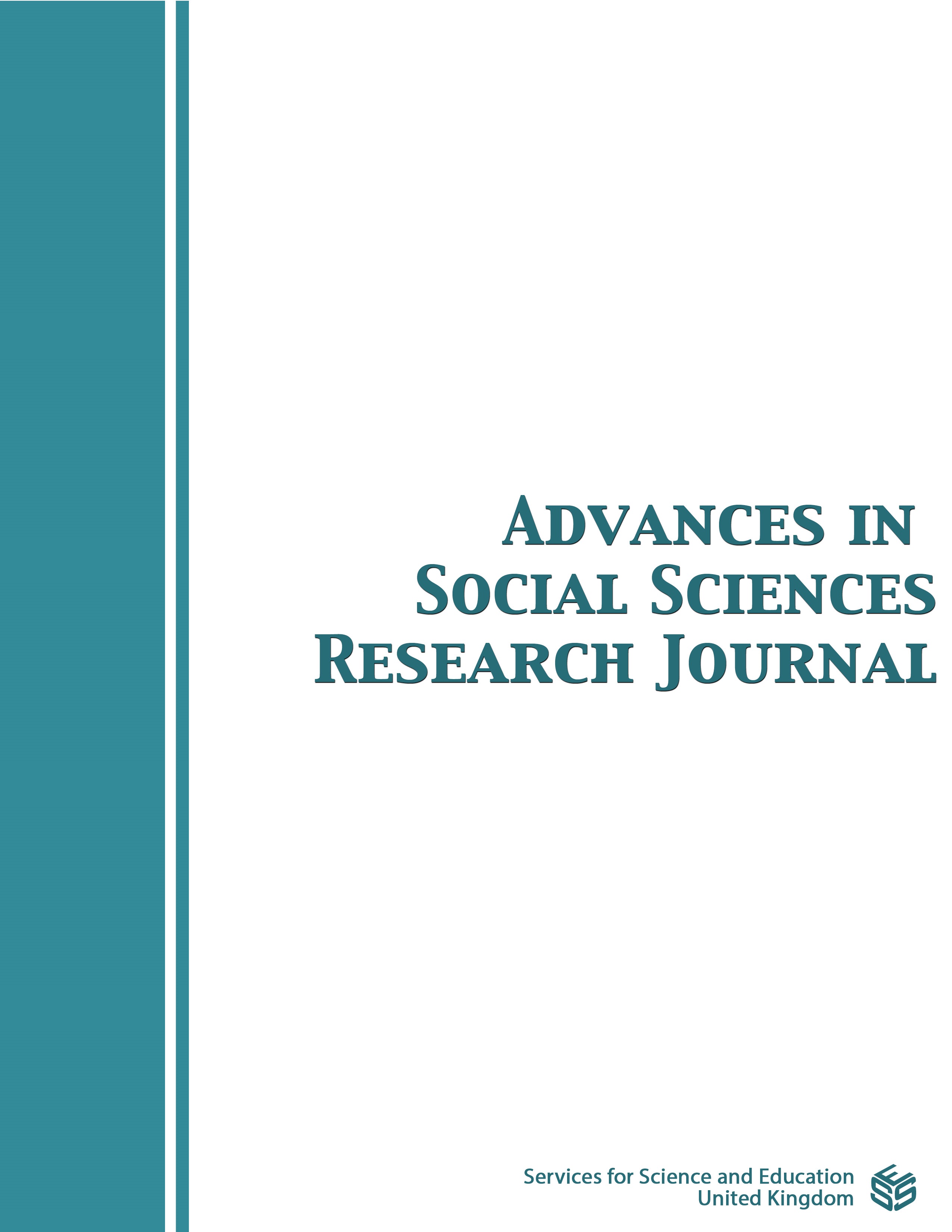Feminizing the Nation: A Re-reading of Selected Cases of Palestinian Female Self-Referential Texts
DOI:
https://doi.org/10.14738/assrj.1112.18052Keywords:
Arab woman narrative, Palestinian female autobiography, Constructions of identity in exile, Citizenship between nationalist and gendered imperatives, Spatial self-representation, Fadwa Tuqan, Hala Sakakini, Ghada Karmi, Hanan ’AshrawiAbstract
The point of departure in this study is the premise that conceptualization of nation begins at the level of self and consciousness; that nation acquires its shape in personal experience before it is projected onto the public. For Arab nations, the 'imagined community' is constructed from foundational elements of history, language, place, heritage, oral traditions, collective memory, indigenous practices, cultural values etc … Predominantly, it is the male intellectual elite that the hegemonic national narrative empowers to define constituent components of national imaginary, thereby eclipsing female narratives. Given that signifiers of nationhood comprise a fluid field of meaning that can be reinvented/ reimagined, endeavors of female writers in narrating the nation re-cast them according to their vision of subject/identity formation. Selected Palestinian female autobiographies reveal interventions disrupting national forms of patriarchal domination. By re-appropriating components of nationhood, they formulate 'an Arab woman national narrative' integrating women as active agents in mainstream discourses. Deliberations explore relevant issues in Arab female autobiography, inquire into ambivalent relationship between Arab women and communal national imaginary, and examine processes of recovering Palestinian female historical memory in articulations of nationhood. Texts are deliberately selected for their apt representation of junctures of the national crisis. The methodology and research data draw upon cultural models within colonial/postcolonial discourses, critical postulations on nation and nationalism, theories in autobiography, and feminist standpoint theory. Particularly noteworthy in the textual analysis are theoretical considerations regarding the ‘woman question’ in the context of Palestinian reality.
Downloads
Published
How to Cite
Issue
Section
License
Copyright (c) 2024 Samia Kholoussi

This work is licensed under a Creative Commons Attribution 4.0 International License.
Authors wishing to include figures, tables, or text passages that have already been published elsewhere are required to obtain permission from the copyright owner(s) for both the print and online format and to include evidence that such permission has been granted when submitting their papers. Any material received without such evidence will be assumed to originate from the authors.






